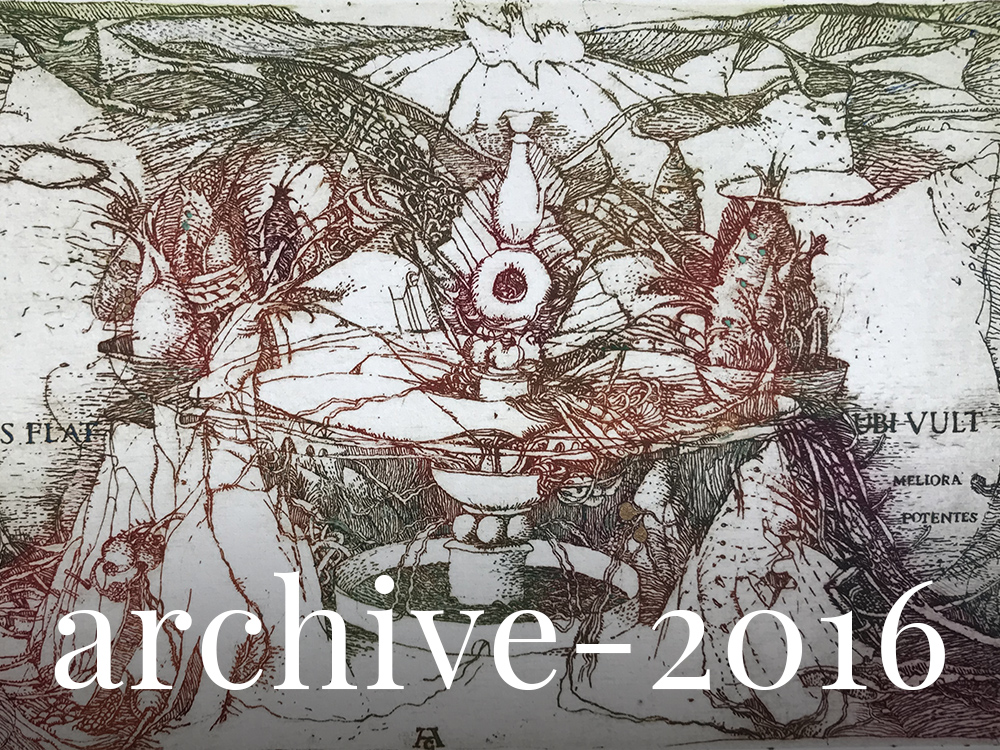The page of the site About repressions updated section “Poems”
 On the bitter and terrible events associated with the political repression of the 20s – 40s of the last century, it is important and important to speak. According to official data, in the period from 1937 to 1938, more than 1.5 million people were arrested, 1.3 million were convicted, and about 700,000 were shot. The mechanism of repression was simplified to the limit. The arrests and executions of people were carried out according to the order – the limits approved by the Central Committee of the party and personally by Stalin. Wives of “enemies of the people” were imprisoned in camps, and children were either sent to camps-colonies of the NKVD, or were placed in orphanages of special regime. The epoch of repression was supplemented by our vocabulary of shameful, in its essence, terminology: “troika”, “enemy of the people”, “traitor of the Motherland” … Almost no families, which in one way or another would not have been touched by “great terror”. Today, the mood of the revision of historical facts about the ruthless mass extermination of people, the role of Joseph Stalin, clearly becomes ripe in the society, and it becomes more and more clear that the personality cult, fascism, anti-Semitism are far from forgotten terms. “We must not allow the horrors of the past to be forgotten. It is necessary to remind all time of the past. It was, it turned out possible, and this possibility remains. Only knowledge can prevent it. The danger here is in reluctance to know, in an effort to forget and in unbelief that all this really happened … “(Karl Jaspers) But no matter how horrifying figures and facts were published, the “camp” theme in the literary texts is especially strong. Like any honest person and writer, Alexandr Korotko did not pass by this time in his poetic work. Near the works, he continued and developed the theme, declared even in the poem of the second half of the nineties “Meeting the Dawn” . However, the poem has a pronounced ironic orientation, and the poems are dramatic and piercing. In them – the tragedy of a man who found himself in a planned historical whirlpool: a well-organized mass psychosis gave rise to fear, “and fear does not sleep, and the exact copy of anguish is not the rocks, but visions of nightmares, and the NKVD door creaks and the rain warms on the tiled roofs … “The quoted poem” The Possessed “and others read on the new page of the site About reprisals
On the bitter and terrible events associated with the political repression of the 20s – 40s of the last century, it is important and important to speak. According to official data, in the period from 1937 to 1938, more than 1.5 million people were arrested, 1.3 million were convicted, and about 700,000 were shot. The mechanism of repression was simplified to the limit. The arrests and executions of people were carried out according to the order – the limits approved by the Central Committee of the party and personally by Stalin. Wives of “enemies of the people” were imprisoned in camps, and children were either sent to camps-colonies of the NKVD, or were placed in orphanages of special regime. The epoch of repression was supplemented by our vocabulary of shameful, in its essence, terminology: “troika”, “enemy of the people”, “traitor of the Motherland” … Almost no families, which in one way or another would not have been touched by “great terror”. Today, the mood of the revision of historical facts about the ruthless mass extermination of people, the role of Joseph Stalin, clearly becomes ripe in the society, and it becomes more and more clear that the personality cult, fascism, anti-Semitism are far from forgotten terms. “We must not allow the horrors of the past to be forgotten. It is necessary to remind all time of the past. It was, it turned out possible, and this possibility remains. Only knowledge can prevent it. The danger here is in reluctance to know, in an effort to forget and in unbelief that all this really happened … “(Karl Jaspers) But no matter how horrifying figures and facts were published, the “camp” theme in the literary texts is especially strong. Like any honest person and writer, Alexandr Korotko did not pass by this time in his poetic work. Near the works, he continued and developed the theme, declared even in the poem of the second half of the nineties “Meeting the Dawn” . However, the poem has a pronounced ironic orientation, and the poems are dramatic and piercing. In them – the tragedy of a man who found himself in a planned historical whirlpool: a well-organized mass psychosis gave rise to fear, “and fear does not sleep, and the exact copy of anguish is not the rocks, but visions of nightmares, and the NKVD door creaks and the rain warms on the tiled roofs … “The quoted poem” The Possessed “and others read on the new page of the site About reprisals
